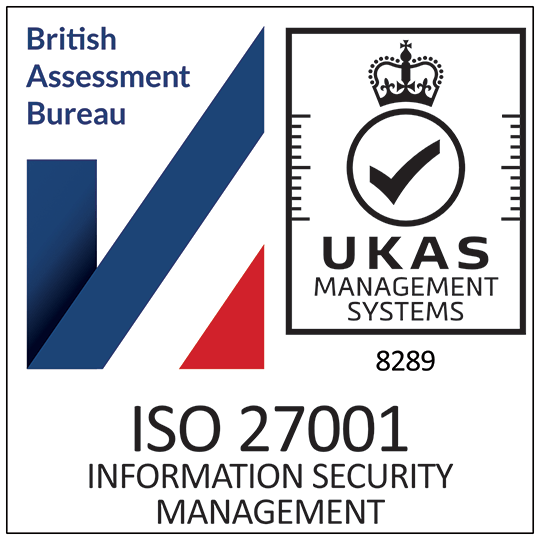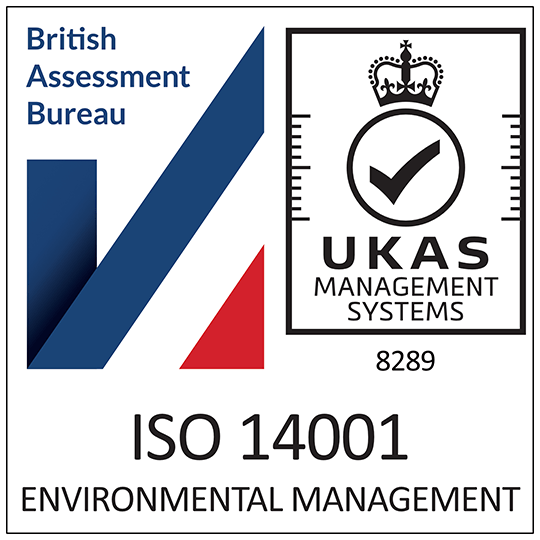What Are Antimicrobial Cards and How Resistant Are They to Bacteria?
Antimicrobial cards are designed to provide permanent protection against bacteria. With a special antibacterial coating, they significantly reduce the spread and growth of germs, making them an ideal solution for organisations looking to protect customers and staff.
Want to learn more about the applications and benefits of antimicrobial cards? You’re in the right place. Our guide covers everything you need to know, including how they work, where they can be used, and the protection they provide against dangerous germs and bacteria.
Use the links below to navigate or read on for the complete guide.
Quick Links
- How Do Antimicrobial Cards Work?
- What Germs and Bacteria Do Antimicrobial Cards Protect Against?
- What Can Antimicrobial Cards be Used For?
- What Businesses and Organisations Can Benefit from Antimicrobial Cards?
- Why Buy Antimicrobial Cards from Swype?
How Do Antimicrobial Cards Work?
To understand how antimicrobial cards work, you need to know the definition of antimicrobial. This requires a little science speak but bear with us as we explain.
Antimicrobials are compounds, typically of organic origin, that disrupt the growth of microorganisms. Commonly found in plants, mould spores, and some essential oils, they create an inhospitable environment for pathogens, inhibiting the growth and spread of bacteria.
Today, antimicrobials have hundreds of applications, and are used in everything from life-saving antibiotics to the treatment of hospital furniture. And as technology has advanced, their use has become more widespread, with organisations in a range of sectors realising the benefit of these bacteria-fighting solutions.
From an ID and business card perspective, antimicrobials are perfect for reducing the growth and spread of germs. A single coat of antimicrobial solution can provide permanent protection against a huge number of germs and bacteria, so cards remain clean, safe, and hygienic for longer.

What Germs and Bacteria Do Antimicrobial Cards Protect Against?
Never has preventing the spread and growth of bacteria been as important. Since the start of the coronavirus pandemic, there has been a huge increase in the use of antimicrobials, as organisations introduce safeguards against deadly germs like COVID-19.
Of course, this isn’t the only pathogen that antimicrobials can offer protection against. Since the technology effectively makes it impossible for pathogens to grow, antimicrobial-treated cards offer protection against:
- MRSA
- E. coli
- VRE
- Staph aureus
- Salmonella
- Norovirus
- Listeria
- Campylobacter
- Clostridium perfringens
This isn’t an exhaustive list but does highlight how effective antimicrobial technology can be in safeguarding business cards against some of the most dangerous and prevalent bacterial strains. Even if such pathogens came in contact with an antimicrobial card, the likelihood of growth and spread is significantly reduced compared to a standard card surface.
From a performance standpoint, antimicrobial protection is also very impressive. In laboratory tests, treated cards were proven to be 99.4% effective in offering permanent protection against harmful pathogens – which should give businesses all the assurance they need.
What Can Antimicrobial Cards be Used For?
The rapid development of antimicrobial technology means that virtually any surface can receive a coat of the germ-fighting solution. And because such protection is virtually undetectable, an antimicrobial coating won’t affect the appearance or functionality of the card, irrespective of its purpose and uses.
The types of cards antimicrobial protection can be added to include:
- ID cards
- Access passes
- RFID chip tech cards
- Membership cards
- Business cards
- Event passes
Almost all the professional plastic cards we produce at Swype can be treated with antimicrobial technology. So, you can better protect your customers and staff whatever your requirements and industry.

What Businesses and Organisations Can Benefit from Antimicrobial Cards?
Though its origins stem from the healthcare sector, the applications of antimicrobial technology are now extensive. For businesses and organisations that need to safeguard staff, customers and visitors from harmful germs and bacteria, antimicrobial cards are an excellent way to reduce transmission and contact.
Given the current climate, virtually every type of business could benefit from antimicrobial-treated cards. But for the sake of clarity, and to highlight the broad range of industries such technology is suitable for, below we’ve listed a handful of the organisations which could directly benefit from investing in protected cards, passes and badges:
- Hospitals, GPs, and medical practices
- Care homes and other social housing operators
- Gyms and leisure facilities
- Schools, colleges, and universities
- Public services, including libraries and public transport
- Office buildings
- Retail businesses where staff carry ID cards and till fobs
Why Buy Antimicrobial Cards from Swype?
At Swype, we’re experts in antimicrobial cards, and have been producing them for the health and social care sector for years. Our cards are independently tested at leading microbiology laboratories to ensure they offer maximum protection, so you can be sure they offer the best line of defence for your staff, customers, and people.
The technology we use to develop antimicrobial cards complies with Food & Drug Administration (FDA), Environmental Protection Agency (EPA) and Biocidal Products Regulation (BPR) standards. This, coupled with our expertise in business card printing and customisation, means you can get the type of card you want without compromising on safety and protection.
Plus, with our complementary antimicrobial cardholders and lanyards, you can invest in a total package that will help to keep your staff safe wherever and however they’re working. Beyond cards, we offer antimicrobial coating on a range of printed products – from menus for the hospitality sector to flyers and documentation for medical trusts.
It is worth considering a microbial coating for any printed collateral that will be handled by multiple people, to help reduce the growth and spread of bacteria, protecting clients and customers.
For more information, please visit our dedicated antimicrobial cards page.
We hope this guide has shed some light on the benefits and applications of antimicrobial cards, and what they can offer your organisation. If you’d like to learn more about our antimicrobial card service, or any of the other innovative card products we offer, click here to visit the homepage or give our team a call on 01744 815475.





